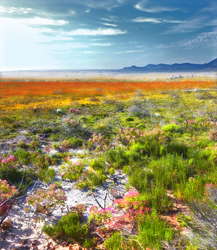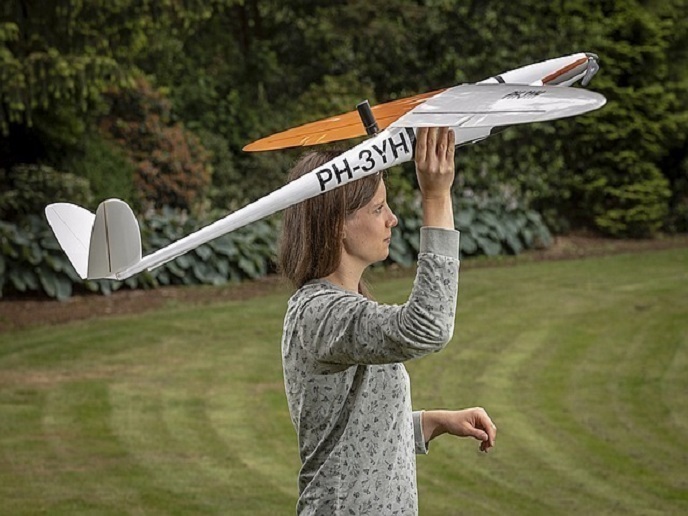A helping hand for the land
Surrounded by mountains, rivers and the Indian Ocean, the Transkei has long been suffering from a faltering ecosystem, soil erosion and land degradation. Water catchment areas in the region have also been of concern to authorities and environmentalists. The EU-funded project 'Earth Observation Initiative in former homeland of South Africa in support to EU activities on land degradation and integrated catchment management' (EO-Landeg) set out to address these issues. The project monitored conservation and proposed measures to combat these phenomena, focussing on technical assessments, economic productivity and poverty alleviation. Through workshops and related activities, the project exploited local expertise, monitored ongoing research and facilitated accessibility to spatial data (e.g. satellite maps) in order to advance its cause. This involved the work of South African and European research teams already active in the region to address issues such as natural resource degradation, land use and self governance. By conducting advanced data gathering and collaborative efforts, a set of recommendations and a blueprint to remedy the situation were elaborated. The project also worked on remote sensing tools and monitors, which has allowed stakeholders to measure changes in the environment. It set up a working group to investigate remote sensing to monitor degradation, desertification, erosion etc. Technology employed included radar, radar interferometry, imaging spectroscopy and very high spatial resolution. A project workshop also emphasised how remediation and conservation measures can involve local communities. The results of the project were successfully disseminated to local stakeholders and policymakers, while EO-Landeg was tested as an educational tool for communities, schools and universities. It provided a site-based model as a research platform and information management system that could be compared to others or even applied to other regions of the world. The full impact of the project's research and recommendations will undoubtedly be felt in the years to come.







